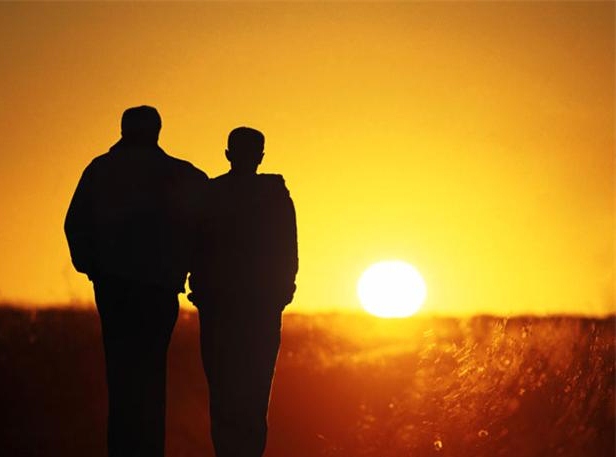
This is the end of Youth month 2021. What was its closing thought, for me and for others? In SA June is Youth month, because of the courageous acts of the youth of 1976 in standing up against the unjust system in education when they were expected to be taught in Afrikaans instead of their mother-tongue. We also celebrated Father’s Day and even considered that the youth of 1976 are the fathers or even the grandparents of today. Have those from 1976 shared our stories with our youth and children of today? MARFAM’s June theme was CHILDREN BELONG IN FAMILIES. On top of that the July topic will be grandparents and the elderly with a special celebration on 25th July. How can I extract something meaningful from such a mouthful?
Focusing on memory and history is 1 approach. Pope Francis is very strong on this in his letter to youth and also in the message to Grandparents for later in July. In Fratelli Tutti, his encyclical on social friendship, he makes the point that both memory and history matter. (Fratelli Tutti 246 = 50). They should be shared for understanding, and forgiveness and healing of relationships to occur.
Take this matter home and consider our own prejudices. As Europeans do we still fight over British versus German connections in our families? Do Zulus and Sothos see eye to eye, or ANC and IFP? Can Jews and Arabs learn social love or Christians and Muslims strive for acceptance beyond tolerance? Is racism not an ongoing challenge?
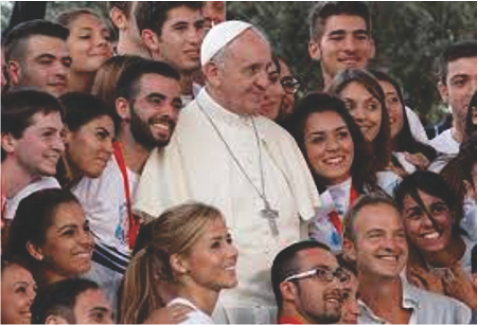
At this time in our country and elsewhere in the world there appears to be a trend to try to do away with history, in particular aspects that some, or many, of us do not like. University students are very keen to remove statues, #Rhodesmustfall and very recently one of the buildings at UCT, SMUTS HALL, was undergoing a name change as happens to cities and streets. Cecil John Rhodes and Jan Smuts were important historical figures belonging to the colonial era, even before apartheid. They had a large impact on the development of the country, economically and politically, and students of history in any shape or form should learn to be able to evaluate critically whatever their positive and negative contributions were. I believe that removing their very presence is a narrow, inwardly-looking approach. Of some interest is that these same students who are protesting for such a removal are often in fact benefiting from the acts of those people, by way of bursaries and even being able to have a university. I admit that this is a very complex question that demands serious reflection, debate and discussion that includes justice and fairness and even mercy and a acceptance of the reality of history at any given time, not forgetting how perceptions certainly change over time. Was Nelson Mandela not convicted and jailed for terrorism at one time?
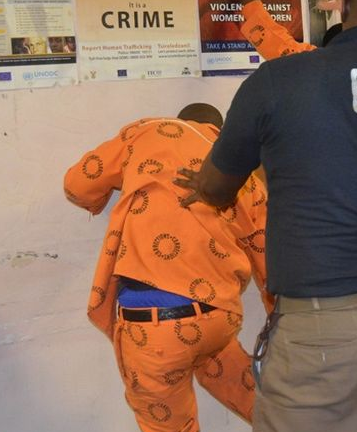
Pope Francis addresses this issue time and again. He writes extensively in most recent documents. In his letter to youth he concludes in “Taking risks Together” (199 -200) “If we journey together, young and old, we can be firmly rooted in the present, and from here revisit the past and look to the future. To revisit the past in order to learn from history and heal old wounds that at times still trouble us. To look to the future in order to nourish our enthusiasm, cause dreams to emerge, awaken prophecies and enable hope to blossom. Together we can learn from one another, warm hearts, inspire minds with the light of the Gospel and lend new strength to our hands. Roots are not anchors chaining us to past time and preventing us from facing the present and creating something new. Instead they are a fixed point from which we can grow and meet new challenges. It does no good to sit down and long for times past, we must meet our culture with realism and love and fill it with the Gospel. We are sent today to proclaim the Good News of Jesus to a new age. We need to love this time with all its opportunities and risks, its joys and sorrows, its riches and its limits, its successes and failures.”
In his MESSAGE TO GRANDPARENTS it comes up again and he brings in the need for unity and togetherness in the time of COVID-19, focusing in particular on how the elderly have suffered. Learning the lessons of history are essential but are we able to reflect with honesty? Misplaced loyalty in the face of fraud and corruption can destroy our own and our nations’ moral fibre. Dare we ask “What would Jesus do?” What is my closing thought today? Zuma has fallen. Has he?

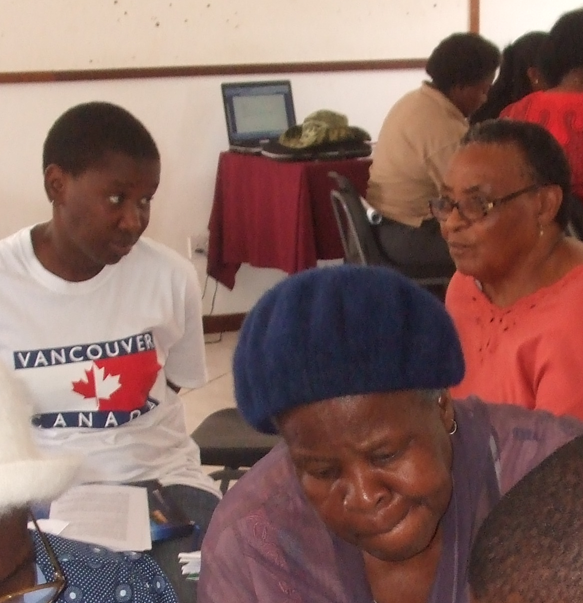
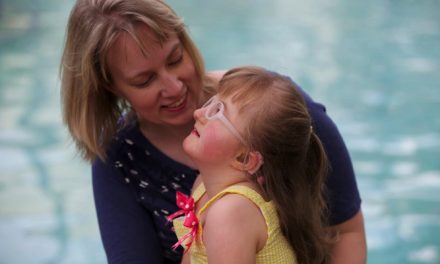

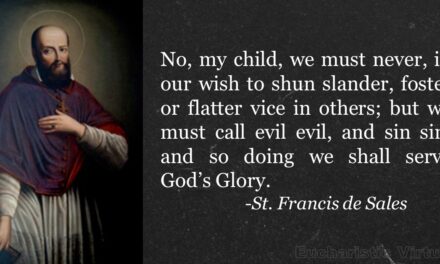
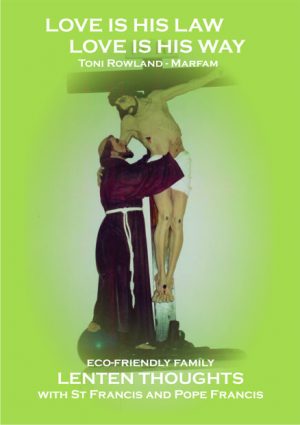
Recent Comments